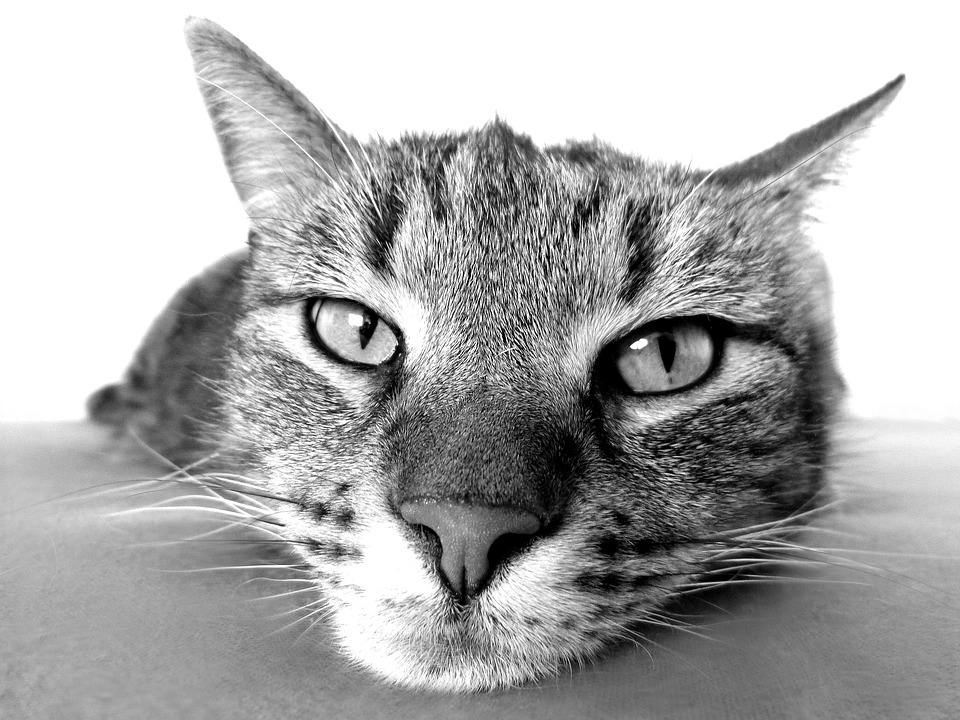Cat ear infections can be a painful and uncomfortable experience for our feline friends. While there are various factors that contribute to ear infections in cats, diet and nutrition play a crucial role in preventing and managing this condition. By understanding the importance of a well-balanced diet and incorporating essential nutrients, we can help support our cats’ ear health and reduce the risk of infections.
Firstly, it is important to understand what cat ear infections are and the causes and symptoms associated with them. Ear infections in cats occur when bacteria, yeast, or other microorganisms invade the ear canal. Common causes include allergies, ear mites, foreign objects, and moisture buildup. Symptoms may include excessive scratching, head shaking, ear odor, redness, swelling, discharge, and sensitivity when touched around the ears.
Diet plays a significant role in ear health for cats. Certain nutrients are essential for preventing and managing ear infections. Omega-3 fatty acids, found in fish oil and flaxseed, have anti-inflammatory properties that can help reduce inflammation in the ears. Incorporating omega-3 fatty acids into your cat’s diet can support their ear health.
Vitamin E is another important nutrient for preventing ear infections. It acts as an antioxidant and helps protect the cells in the ears from damage. Foods rich in vitamin E include sunflower seeds, almonds, and spinach. Including these in your cat’s diet can contribute to their ear health.
Zinc is also crucial for ear health in cats. It helps support the immune system and aids in the healing process. Sources of zinc in cat diets include meat, fish, and poultry.
Antioxidants, such as vitamins C and A, can also play a role in reducing inflammation in the ears. Foods rich in antioxidants include blueberries, carrots, and sweet potatoes. Including these in your cat’s diet can help support their ear health.
When it comes to choosing the right diet for ear health, it is important to consult with a veterinarian. They can provide professional guidance and help you customize a diet plan that suits your cat’s individual needs. Balanced and high-quality cat food is essential, as it should contain the necessary ingredients for ear health. Reading cat food labels is important to ensure that the food you choose is nutritionally balanced and meets your cat’s specific dietary requirements.
Some pet owners may consider homemade diets as an option. While there are risks and benefits associated with homemade diets, it is crucial to ensure proper nutrition in homemade meals. Working with a veterinarian or a veterinary nutritionist can help create a homemade diet plan that meets your cat’s nutritional needs.
Here are some frequently asked questions about cat ear infections and diet:
Q: Can a poor diet cause ear infections in cats?
A: While a poor diet alone may not directly cause ear infections, it can weaken the immune system and make cats more susceptible to infections, including ear infections.
Q: What are common signs of a cat ear infection?
A: Common signs of a cat ear infection include excessive scratching, head shaking, ear odor, redness, swelling, discharge, and sensitivity when touched around the ears.
Q: Are there any specific cat food brands that help prevent ear infections?
A: There are no specific cat food brands guaranteed to prevent ear infections. However, selecting high-quality cat foods that contain essential nutrients for ear health can contribute to preventing such infections.
Q: Can I add supplements to my cat’s diet to prevent ear infections?
A: It is advisable to consult with a veterinarian before adding any supplements to your cat’s diet. They can recommend appropriate supplements based on your cat’s individual needs.
Q: Should I consult a veterinarian before changing my cat’s diet?
A: Yes, it is crucial to consult a veterinarian before making any significant changes to your cat’s diet. They can provide guidance based on your cat’s specific health needs and recommend suitable dietary adjustments to prevent ear infections.
In conclusion, a well-balanced diet and proper nutrition play a significant role in preventing cat ear infections. Essential nutrients such as omega-3 fatty acids, vitamin E, zinc, and antioxidants support ear health in cats. Consulting with a veterinarian and choosing the right cat food can ensure your feline companion receives the necessary nutrients to prevent ear infections. By prioritizing your cat’s diet, you can help them lead a healthier and happier life.








